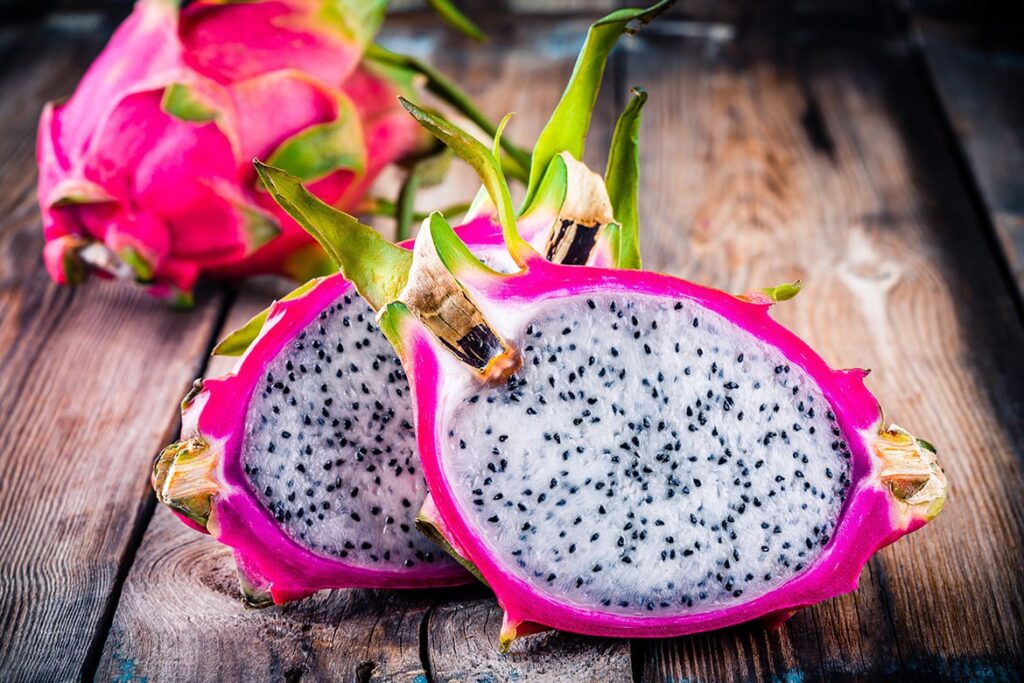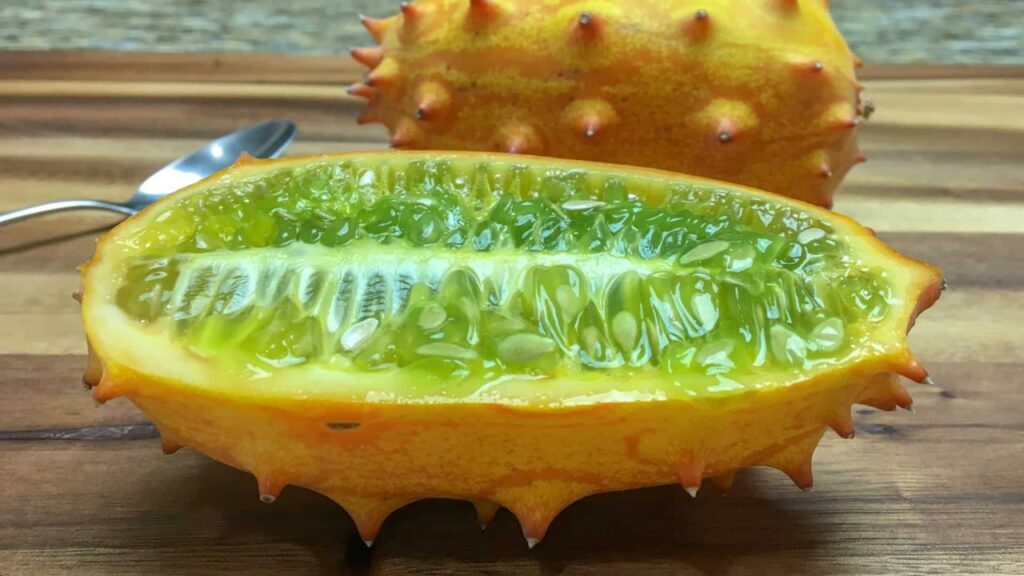Struggling to get a good night’s sleep? You’re not alone — and you might not need a pill. Certain herbal teas offer gentle, natural support for better sleep. Backed by traditional use and modern research, sleep-friendly teas can calm the nervous system, reduce anxiety, and improve sleep quality.
How Tea Supports Better Sleep

Herbal teas made from calming plants don’t contain caffeine and often have natural sedative effects. These teas influence neurotransmitters like GABA and serotonin, which are essential for regulating mood and sleep cycles.
According to a review in Integrative Medicine Research, herbs like chamomile, valerian root, and passionflower have measurable effects on sleep latency (the time it takes to fall asleep) and sleep quality.
Top Teas for Restful Sleep

Here are some of the most effective teas to sip before bedtime:
Chamomile Tea
Perhaps the most well-known bedtime tea, chamomile contains apigenin, a flavonoid that binds to receptors in the brain to reduce anxiety and promote sleepiness [2].
Valerian Root Tea
Used for centuries, valerian root has been shown to improve sleep quality and reduce the time it takes to fall asleep, particularly in people with insomnia [3].
Lemon Balm Tea
A member of the mint family, lemon balm increases GABA activity in the brain, helping relax the mind and body.
Passionflower Tea
Known for its calming effects, passionflower may reduce anxiety and improve sleep by boosting GABA levels.
Lavender Tea
Often used in aromatherapy, lavender also makes a soothing tea that has been shown to improve sleep quality, especially in women with insomnia [4].
Rooibos Tea
Naturally caffeine-free, rooibos is rich in antioxidants and may support adrenal function, helping your body relax before bed.
Fruity Flavors That Help You Wind Down

These fruit ingredients are commonly found in calming tea blends — and they bring more than just flavor:
- Cherry: Tart cherries are a natural source of melatonin, a hormone that regulates sleep.
- Apple: Often found in bedtime blends for its comforting flavor; apple skin also contains quercetin, which can have mild sedative effects.
- Peach: Soothing and slightly sweet, peach pairs well with calming herbs and offers gentle digestive support.
- Lemon (in Lemon Balm): Has a refreshing taste and a calming effect on the nervous system.
- Blueberry: Packed with antioxidants that support brain health and reduce inflammation, helping ease tension.
Final Thoughts
If racing thoughts or restless nights are keeping you up, adding a cup of herbal tea to your evening ritual could make a big difference. Look for blends with calming herbs and fruits, and sip slowly an hour before bed. You may be surprised how well you sleep — naturally.
References
Yeung WF, et al. “A systematic review on the efficacy, safety, and types of herbal medicine for insomnia.” Integr Med Res. 2012.
Zick SM, et al. “The effect of chamomile on sleep quality among elderly people.” J Adv Nurs. 2011.
Fernández-San-Martín MI, et al. “Effectiveness of Valerian on insomnia: a meta-analysis of randomized placebo-controlled trials.” Sleep Med. 2010.
Lillehei AS, et al. “Effect of lavender aromatherapy on vital signs and perceived quality of sleep in the intermediate care unit: a pilot study.” Am J Crit Care. 2015.
Buy Now
